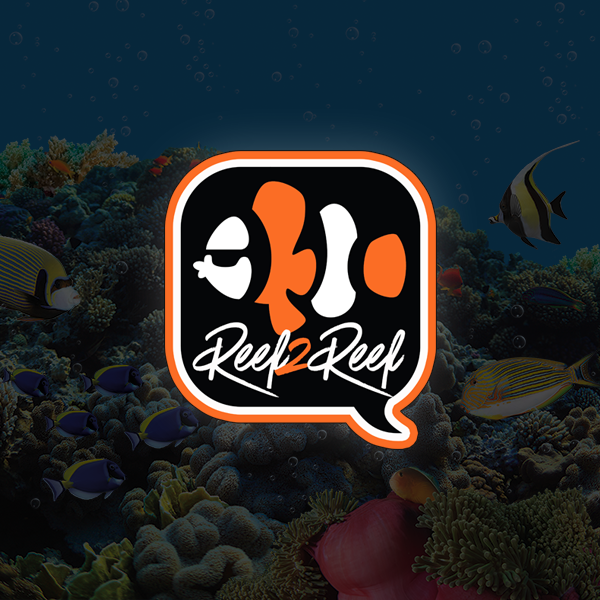Randy Holmes-Farley
Reef Chemist
View Badges
Staff member
Super Moderator
Excellence Award
Expert Contributor
Article Contributor
R2R Research
My Tank Thread
Reef Chemistry Puzzle 11
Three clues today:
1. I get smaller the deeper one goes in the ocean
2. Some reefers prefer me small, and some prefer me larger (compared to most reefers today, Randy prefers larger ones)
3. I can cause a lot of disappointment when buying corals online
What am i?
Good luck!
PS
keep it clean, we don't want the thread closed lol
Previous Reef Chemistry Puzzle:

 www.reef2reef.com
www.reef2reef.com
Three clues today:
1. I get smaller the deeper one goes in the ocean
2. Some reefers prefer me small, and some prefer me larger (compared to most reefers today, Randy prefers larger ones)
3. I can cause a lot of disappointment when buying corals online
What am i?
Good luck!
PS
keep it clean, we don't want the thread closed lol
Previous Reef Chemistry Puzzle:

Reef Chemistry Puzzle #10
Reef Chemistry Puzzle #10 A word scramble. All words relate to reef chemistry. Some are harder than others. I had pH in the list and decided to remove it. lol See how many you can get before running out of patience! ITTNERA CIITRC UMLCICA KVAOD AHOTSHEPP TALYINLAKI AESMMNIGU NGCORAINI...
 www.reef2reef.com
www.reef2reef.com






















